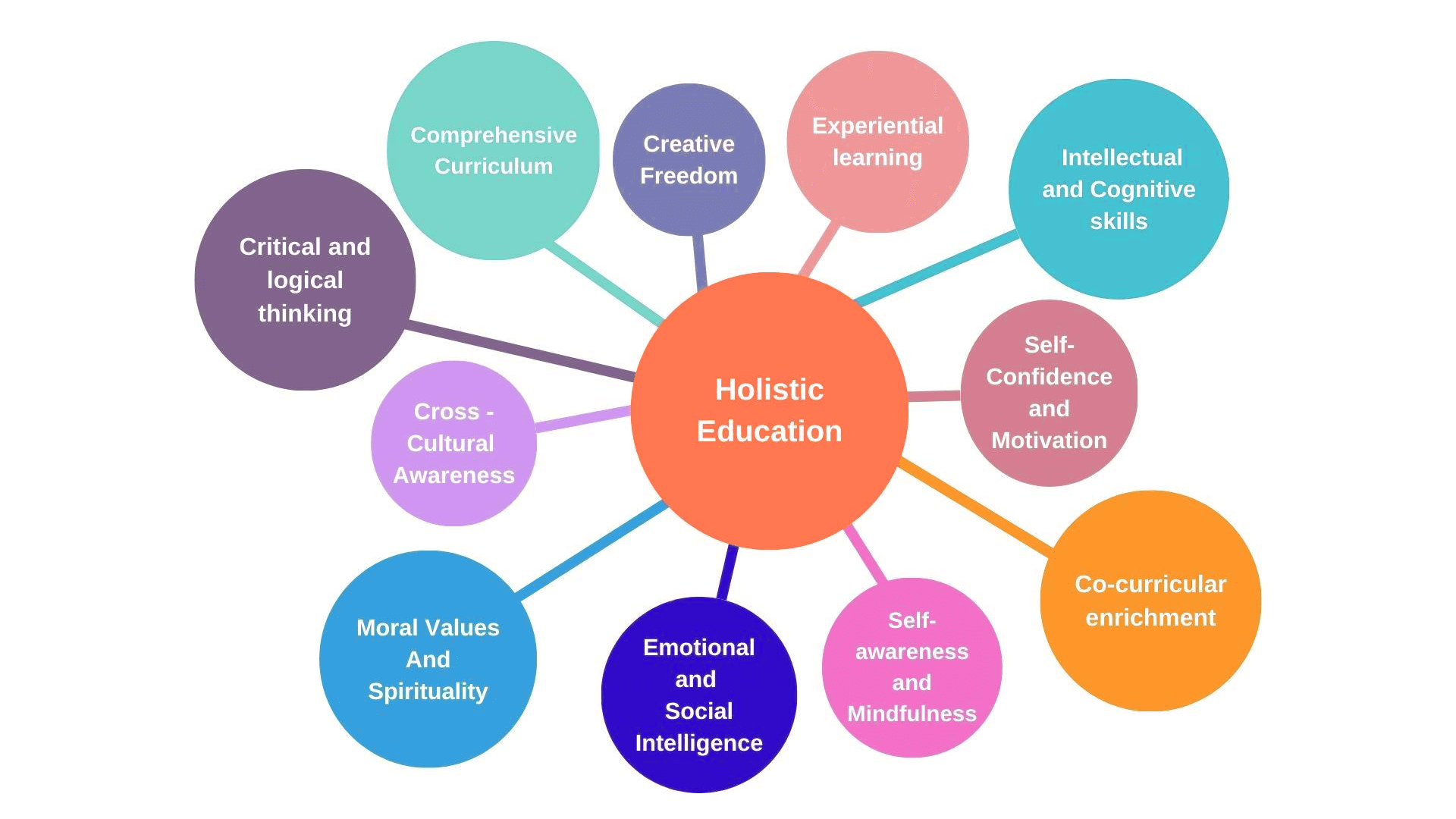Happy Birthday
Student Name
Class - V
Jun252023
May God Bless you
At our school, we emphasise the holistic development of each student to realise her/his full potential. We believe that education is not merely acquisition of knowledge, but preparation for life. Besides achieving high academic skills, our goal is to develop a child’s total personality, self-discipline, and a resilient character with a strong moral compass. While AMPS provides ample opportunities to develop these traits, parental support and encouragement at home is essential to achieve our goals.
"Look at the sky. We are not alone. The whole universe is friendly to us and conspires only to give the best to those who dream and work." - APJ Abdul Kalam

